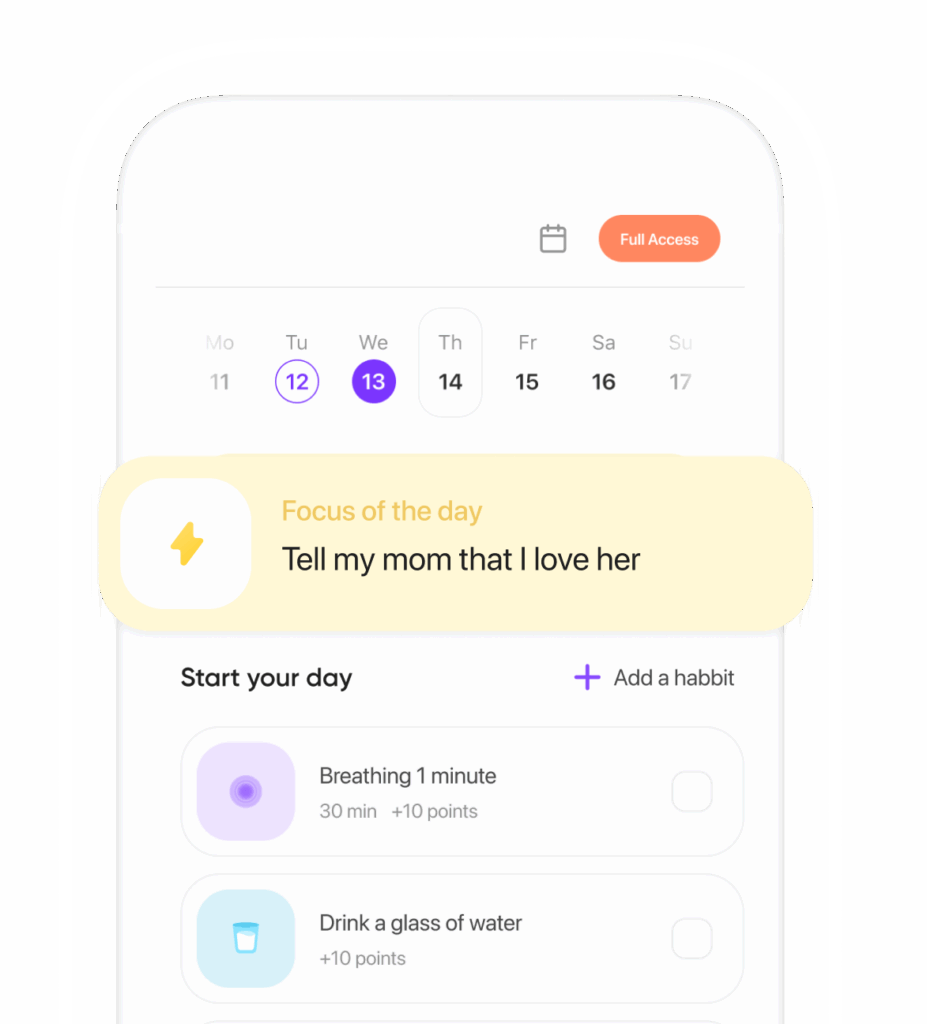Table of Contents
- Understanding ADHD Fatigue
- Quick Recovery Tips for ADHD Fatigue
- Managing Stress and Emotional Well-being
- Social Support and Community
- Conclusion
Understanding ADHD Fatigue
Living with Attention-Deficit/Hyperactivity Disorder (ADHD) can be a whirlwind of energy, and yet, paradoxically, it often comes hand-in-hand with a surprising companion… fatigue. Unlike everyday tiredness, the fatigue associated with ADHD is not just a fleeting visitor. It’s pervasive and disruptive, impacting productivity and overall well-being. Let’s delve deeper into this complex issue and explore some practical strategies — grounded in science — to help you reclaim your energy and enhance your mental health.
ADHD is frequently recognized by its hallmark symptoms: hyperactivity, impulsivity, and a knack for distraction. A lesser-known issue, though, is the profound fatigue experienced by many. According to findings in the Journal of Attention Disorders, around 50% of adults with ADHD report serious fatigue levels. This can worsen other aspects of their condition (1).
Primary Factors of ADHD Fatigue:
- Cognitive Overload: The Herculean task of managing constant distractions often leads to mental depletion.
- Sleep Disturbances: ADHD sufferers frequently battle sleep challenges, including insomnia and erratic sleep patterns.
- Medication Side Effects: Certain ADHD medications may leave individuals feeling drained, a side effect that’s often overlooked.
Quick Recovery Tips for ADHD Fatigue
1. Prioritize Sleep Hygiene
Sleep — it’s crucial in the fight against ADHD fatigue. The Journal of Clinical Sleep Medicine suggests disrupted sleep cycles in ADHD individuals play a significant role in daytime lethargy (2). Here’s how you can improve your sleep quality:
- Establish a Routine: Stick to consistent sleep and wake times. Yes, even on those tempting weekends.
- Create a Restful Environment: A cool, dark, and quiet bedroom works wonders. Try white noise machines or blackout curtains if needed.
- Limit Screen Time: Cut the screens an hour before bed. This supports melatonin, crucial for a good night’s rest.
2. Mindful Nutrition
Nutrition isn’t just about eating—it’s about fueling your body. Research hints at the benefits of omega-3-rich diets (think salmon and mackerel) in improving ADHD symptoms and curtailing fatigue (3). Consider the following:
- Balanced Meals: Aim for whole grains, lean proteins, and healthy fats to stabilize blood sugar levels.
- Stay Hydrated: Dehydration? A fatigue multiplier. Shoot for at least 8 glasses of water daily.
- Limit Sugar and Caffeine: Avoid those energy spikes and all-too-familiar crashes.
3. Regular Physical Activity
Exercise is an ally in the battle against fatigue. The Journal of Attention Disorders notes that regular movement can cut fatigue and sharpen focus in those with ADHD (4). Here’s the plan:
- Daily Movement: Enjoy 30 minutes of moderate exercise. A walk, a cycle, yoga—take your pick.
- Mindful Exercise: Try tai chi or qigong—activities that seamlessly blend movement with mindfulness for added benefit.
4. Structured Planning
Organization is not just for tidy desks. It’s a tool to stave off cognitive overload and conserve energy. Research backs it: structured planning eases the mental juggle of task management (5).
- Use a Planner: Break tasks into bite-sized steps. Prioritize by urgency.
- Set Alarms and Reminders: Digital tools are your allies, keeping your memory free of overload.
Managing Stress and Emotional Well-being
1. Mindfulness and Meditation
Mindfulness—sounds simple, but it’s a game-changer for stress reduction and mental clarity. In a study found in the Mindfulness journal, mindfulness meditation notably reduced ADHD symptoms, fatigue included (6).
- Daily Practice: Dedicate 10-15 minutes daily to mindfulness meditation.
- Mindful Breathing: Deep, calming breaths ease the mind during stress spikes.
2. Cognitive Behavioral Therapy (CBT)
CBT doesn’t just treat ADHD-related fatigue—it’s transformative. By reworking negative thought patterns, you can diminish mental strain.
- Seek Professional Help: A therapist skilled in CBT can help tailor strategies to your needs.
Social Support and Community
ADHD can feel isolating. Social support, however, bolsters both emotional resilience and practical know-how. The Psychological Bulletin connects social support with reduced stress and improved well-being (7).
- Join Support Groups: Whether online or local, these groups offer community and shared experience.
- Communicate with Loved Ones: Teach friends and family about ADHD fatigue. Awareness fosters empathy.
Conclusion
ADHD fatigue—it’s complex and multidimensional, needing a holistic approach for management. Focusing on sleep, nutrition, exercise, and stress management can significantly mitigate its impact. While these tips won’t banish ADHD fatigue entirely, they offer a compelling path to a more balanced, fulfilling life.
Start with one small change today, and gradually build up. Empower yourself—knowledge and support are your best weapons against ADHD fatigue.
Adjust your energy levels now! Adopt these strategies—track your progress. Share your experiences in the comments or within a support group. Together, we can tackle ADHD fatigue head-on!
References
- Bijlenga, D., et al. (2017). Chronic sleep reduction on sleepiness, daytime functioning, and quality of life in adults with ADHD. Journal of Attention Disorders.
- Kooij, J. J. S., et al. (2013). Sleep and circadian rhythm disturbances in adult ADHD: A review and practical recommendations. Journal of Clinical Sleep Medicine.
- Bloch, M. H., & Qawasmi, A. (2011). Omega-3 fatty acid supplementation for the treatment of children with ADHD symptomatology: Systematic review and meta-analysis. Journal of the American Academy of Child & Adolescent Psychiatry.
- Archer, T. (2014). Health benefits of physical exercise for ADHD: Implications for behavioral and neurocognitive functioning. Journal of Attention Disorders.
- Solanto, M. V. (2001). Executive function impairments in ADHD. Child and Adolescent Psychiatric Clinics of North America.
- Zylowska, L., et al. (2008). Mindfulness meditation training in adults and adolescents with ADHD: A feasibility study. Journal of Attention Disorders.
- Uchino, B. N. (2009). Understanding the links between social support and physical health: A life-span perspective with emphasis on the separability of perceived and received support. Psychological Bulletin.
Ready to transform your life? Install now ↴
Join 1.5M+ people using AI-powered app for better mental health, habits, and happiness. 90% of users report positive changes in 2 weeks.
